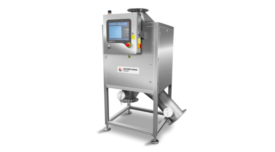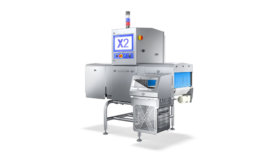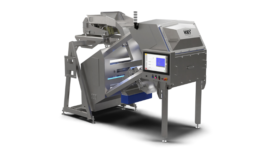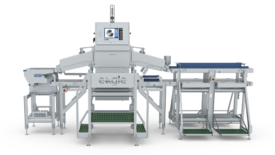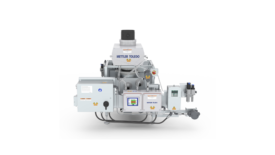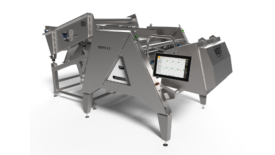Physical
Controlling Foreign Object Hazards in Food
The reliability of control systems should align with foreign object risk, and redundant controls should be implemented for high-risk hazards to increase the overall reliability
April 10, 2023
Never miss the latest news and trends driving the food safety industry
eNewsletter | Website | eMagazine
JOIN TODAY!Copyright ©2024. All Rights Reserved BNP Media.
Design, CMS, Hosting & Web Development :: ePublishing

